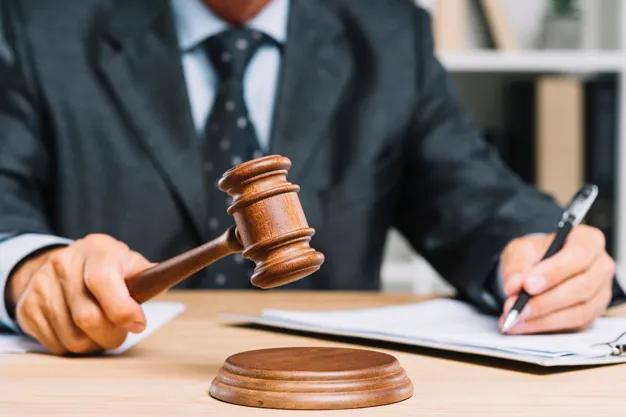
The Ministry of Information and Broadcasting, in a recent affidavit filed with the Supreme Court, has expressed concern that the News Broadcasters & Digital Association (NBDA) is attempting to establish monopolistic control over the complaint redressal mechanism for news broadcasters, without being held accountable by statutory regulations.
This affidavit was submitted by the Central Government in response to a plea filed by the NBDA, previously known as the News Broadcasters Association, challenging the critical remarks made by the Bombay High Court regarding the self-regulatory mechanism for media. These remarks were made in a January 2021 judgment that addressed various PILs questioning media trials in the Sushant Singh Rajput death case.
In August, during a hearing presided over by Chief Justice DY Chandrachud, Justice JB Pardiwala, and Justice Manoj Misra, the Supreme Court had raised concerns about the ineffectiveness of the self-regulatory mechanism established by the NBDA, specifically the News Broadcasting and Digital Standards Authority (NBSA).
While recognizing the NBDA’s opposition to pre-censorship or post-censorship through statutory mechanisms for news channels, Chief Justice Chandrachud questioned the adequacy of penalties imposed by the NBDA, suggesting that fines should be proportionate to the profits earned by news channels from airing disputed news. He noted that the penalty for violations was set at Rs. 1 lakh in 2008.
The Central Government’s affidavit asserts that the NBDA is a voluntary organization with only 71 members out of 394 licensed news broadcasting channels in the central government’s purview. Furthermore, the NBDA is not officially registered with the Central Government under the Cable Television Networks (Amendment) Rules, 2021. The Center argues that its members are not obliged to adhere to the rules governing the complaints redressal structure.
The affidavit emphasizes that the Cable Television Networks (Amendment) Rules 2021 were introduced to establish a statutory system for addressing grievances while holding broadcasters and their self-regulatory bodies accountable.
While the Central Government acknowledges the concept of self-regulation in media and allows self-regulating bodies to address grievances concerning violations of the Program/Advertising Code under the Cable Television Networks (Regulation) Act, 1995, it maintains that such mechanisms do not confer legal or statutory authority on self-regulating bodies.
The Central Government contends that it remains the final authority for addressing grievances regarding Code violations. It emphasizes that government authorities only intervene in journalism when cases have an adverse effect on public good, public order, national security, and similar concerns. The affidavit asserts that the government encourages self-restraint and self-regulation in journalism while providing a regulatory framework for media through statutory and self-regulatory mechanisms.
The Central Government also informs the Supreme Court that the NBDA has challenged the CTN Amendment Rules 2021 before the Kerala High Court and has claimed it is not obligated to comply with the rules related to the complaints redressal structure due to the High Court’s order.
The Center argues that the NBDA’s actions are a clear violation of the High Court order, as the High Court did not relieve broadcasters of their obligations under the CTN Rules, but only mentioned that “no coercive action” would be taken against them.
Furthermore, the Central Government highlights that the self-regulatory body of the News Broadcasters Federation (NBF), known as the Professional News Broadcasters Standards Authority (PNBSA), has been officially recognized by the Ministry of Information and Broadcasting. The NBF is the only voluntary association and self-regulatory body formally registered and officially recognized as a Level-II Self-Regulatory entity for TV News Channels under the CTN Rules 2021 and for Digital News Platforms under the Information Technology (Intermediary Guidelines and Digital Media Ethics Code) Rules 2021.
In summary, the Central Government’s affidavit underscores the differences between the NBDA and NBF, emphasizing that the NBF adheres to the statutory framework while the NBDA operates outside the legal framework. The affidavit aims to clarify the government’s position on media regulation and self-regulation while responding to the NBDA’s plea challenging the Bombay High Court’s remarks on media self-regulation.
Chief Justice DY Chandrachud had previously indicated that the Supreme Court was primarily interested in strengthening the self-regulatory mechanism for TV channels, without getting involved in the rivalry between news media organizations.
Case Title: News Broadcasters Association v. Union Of India And Ors Diary No. 10801-2021



